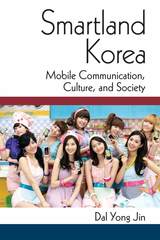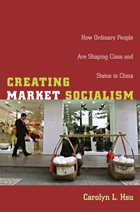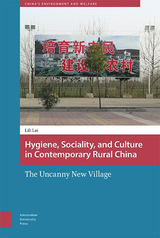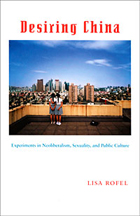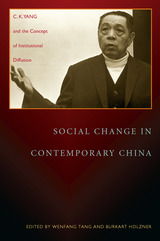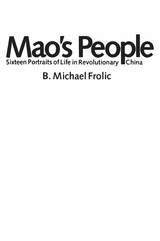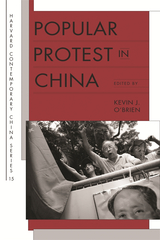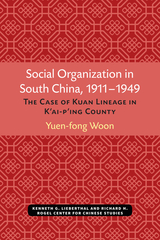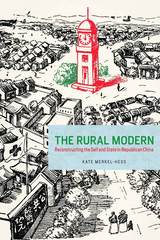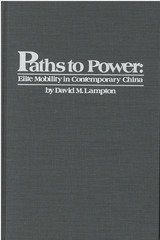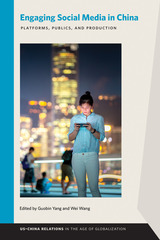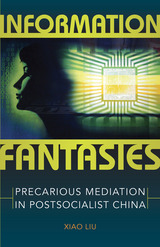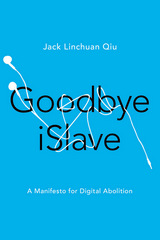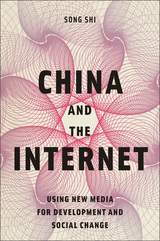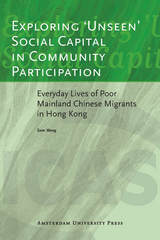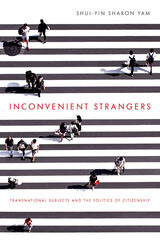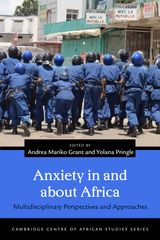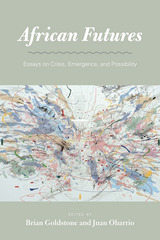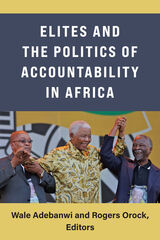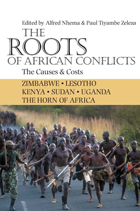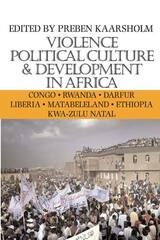Rural Development in China: Prospect and Retrospect
University of Chicago Press, 1989
Paper: 978-0-226-23960-6 | Cloth: 978-0-226-23959-0
Library of Congress Classification HN740.Z9C6374 1989
Dewey Decimal Classification 307.14120951
Paper: 978-0-226-23960-6 | Cloth: 978-0-226-23959-0
Library of Congress Classification HN740.Z9C6374 1989
Dewey Decimal Classification 307.14120951
ABOUT THIS BOOK | TOC
ABOUT THIS BOOK
This collection of essays written from 1947-1986 by Fei Hsiao-tung, China's most distinguished sociologist and anthropologist, presents a rich and representative sampling of the research that has characterized his long career. In 1936, Fei conducted field work in Kaixian'gong, a village in Jiangsu province in east China. This village became the subject of his now classic study Peasant Life in China, in which he argued that, because of China's huge population and the scarcity of cultivable land, household industries such as production of raw silk were vital to the peasants' economic survival. His conclusions, long rejected by China's policymakers, have recently been embraced by the government under the political leadership of Deng Xiaopeng.
Returning to Kaixian'gong in 1957 and again in the 1980s, Fei examined the changes that had occurred since his initial research. Three essays that resulted from these follow-up studies are included in this collection, providing a rare summary and analysis of developments in the village between 1936 and 1986. Also included here are four articles based on Fei's 1983-84 research in other areas of Jiangsu province. His explorations of the contrast between the wealth of southern Jiangsu and the long-standing poverty of the northern half of the province address key issues of public policy in China today. Useful to students of rural sociology as well as of Chinese history, politics, economics, and anthropology, this collection will provide an overview not only of developments in the small towns of China but also of Fei's thought.
Returning to Kaixian'gong in 1957 and again in the 1980s, Fei examined the changes that had occurred since his initial research. Three essays that resulted from these follow-up studies are included in this collection, providing a rare summary and analysis of developments in the village between 1936 and 1986. Also included here are four articles based on Fei's 1983-84 research in other areas of Jiangsu province. His explorations of the contrast between the wealth of southern Jiangsu and the long-standing poverty of the northern half of the province address key issues of public policy in China today. Useful to students of rural sociology as well as of Chinese history, politics, economics, and anthropology, this collection will provide an overview not only of developments in the small towns of China but also of Fei's thought.
See other books on: Cities and towns | City Planning & Urban Development | Rural conditions | Rural development | Villages
See other titles from University of Chicago Press


